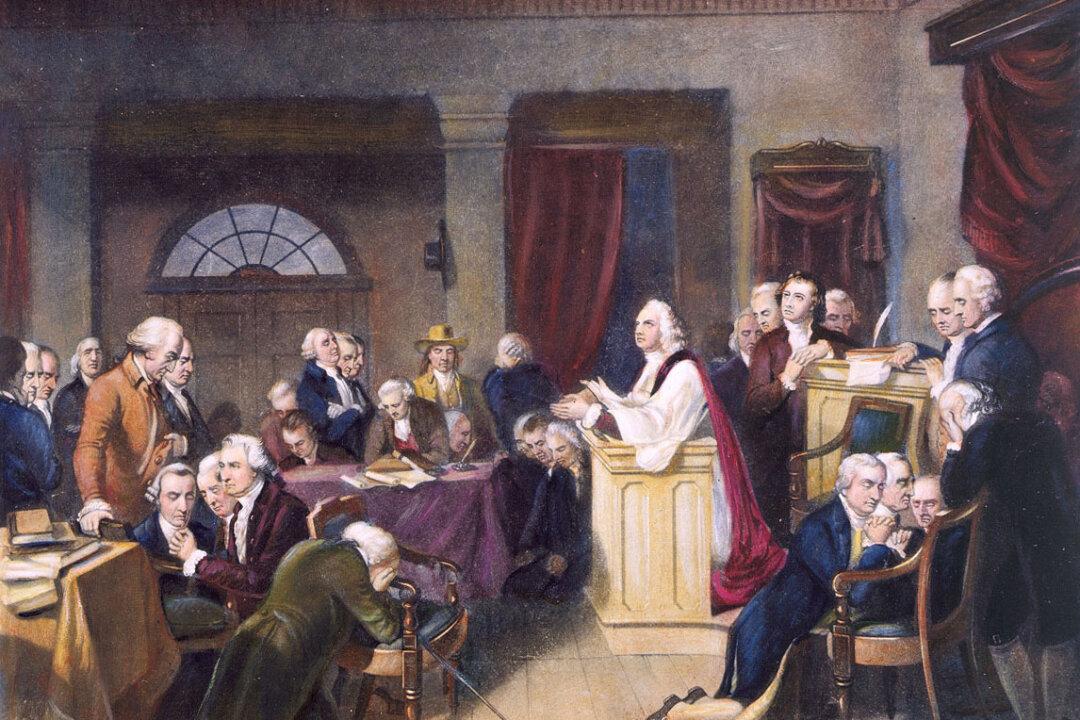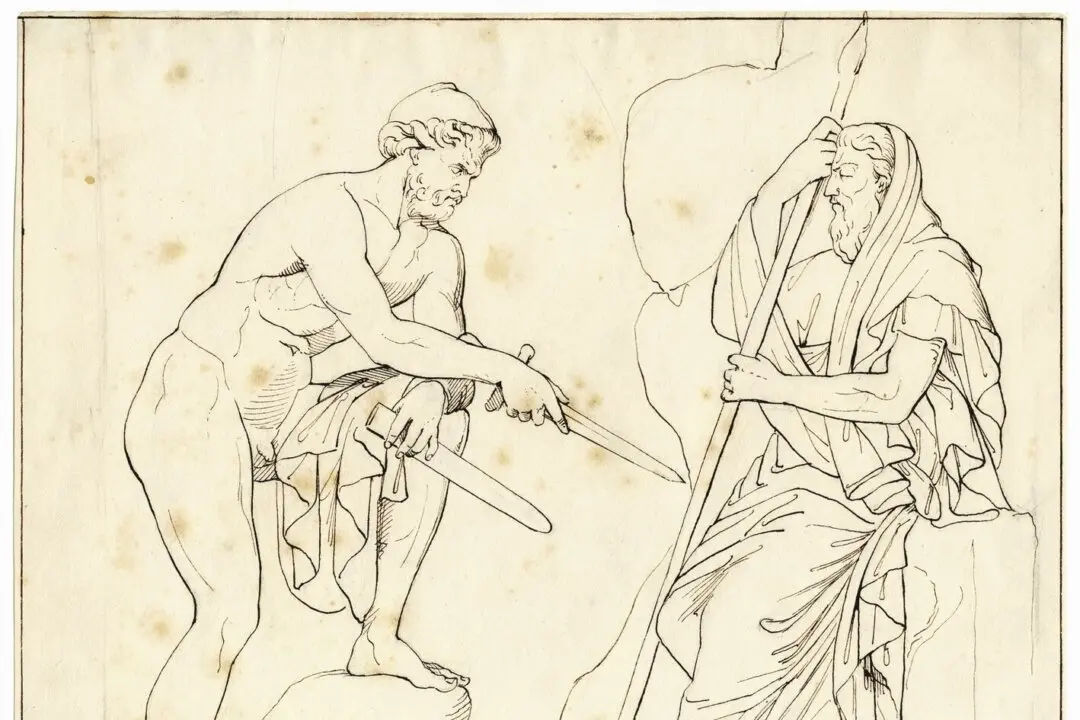According to historian Gregory R. Johnson, the Western tradition of political philosophy can be understood as a debate between “the defenders of individual freedom and popular government” and “those who subordinate individual freedom to collective goals imposed by ruling elites.” For Johnson, the Greek philosopher Plato stood for elitism and collectivism, while his pupil Aristotle represented freedom and democracy.
I recently looked at how Plato influenced the American Founding Fathers. Although Adams, Jefferson, and Hamilton shared Plato’s concern for civic virtue, they disliked his emphasis on philosopher kings, among other things. Aristotle developed many of Plato’s original ideas. His influence on the masterminds behind the American project is more positive than his teacher’s, as shown by three foundational concepts.






